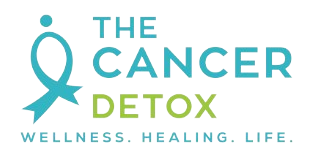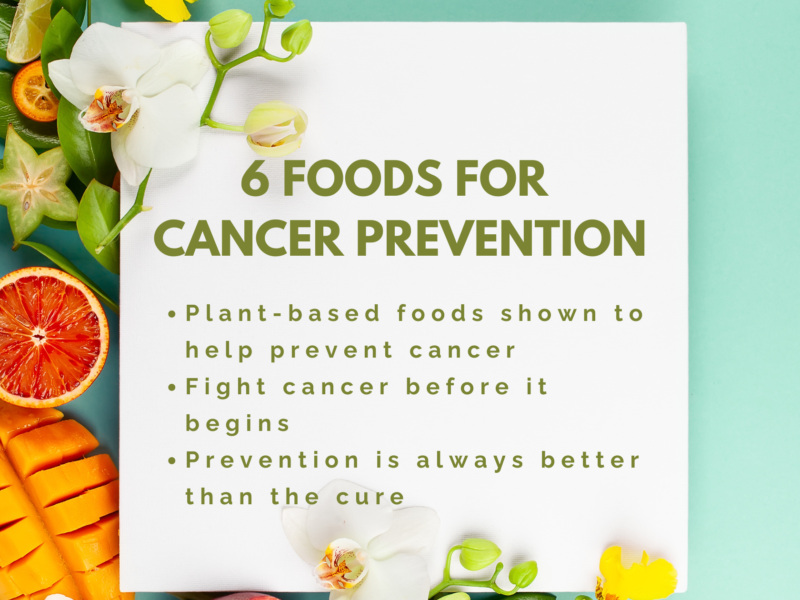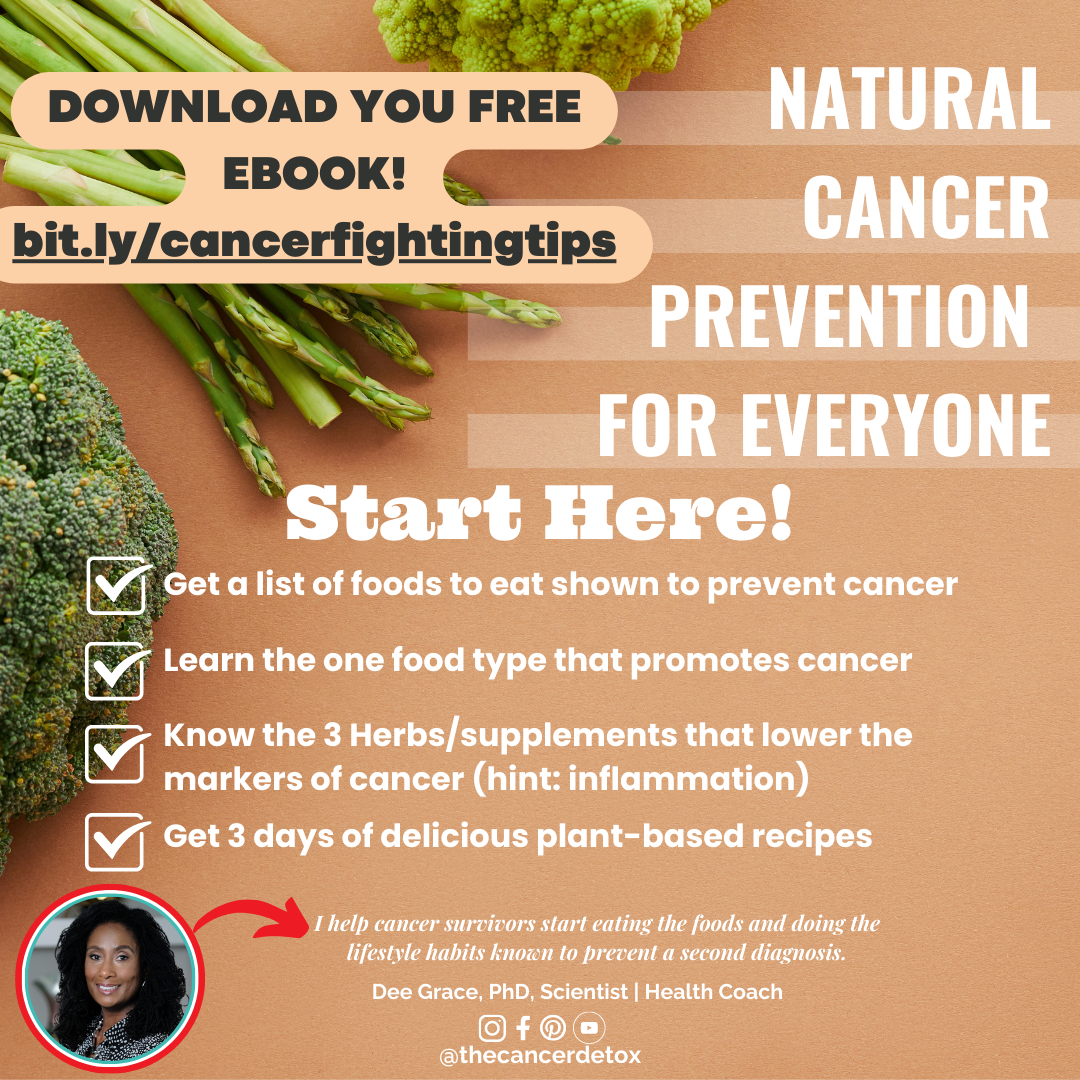Vitamin D and Breast Cancer: Can It Help in Prevention?
Vitamin D may help you prevent breast cancer or a breast cancer recurrence. It is a wonder vitamin every women should have in their healthy cancer diet plan (updated March 2021)…
Vitamin D and Breast Cancer: Can It Help in Prevention?

ARTICLE SUMMARY
- Breast cancer patients with low levels of vitamin D at diagnosis tend to have harder to treat breast cancer
- African-American and Hispanic women with low levels of vitamin D are diagnosed with breast cancer at higher rates compared to women with optimal levels
- Watch our Youtube video on the basics of a cancer prevention diet
INTRODUCTION
Vitamin D may help you survive breast cancer. What exactly is vitamin D and how can you get more of it? Vitamin D is not a vitamin but a steroid-like hormone that is made by our bodies from direct sunlight exposure (ultraviolet B – UVB – sun rays specifically).
There has been an increasing push to use sunscreen to protect from the harmful effects of prolonged exposure to UVB sun rays. However, direct sunlight on our skin is what produces Vitamin D. Do your own research to understand what is the right amount of sun exposure for your skin type so as to avoid skin cancer.
Should you need to focus on other means of vitamin D production besides sun exposure, supplementation is an option (consult with your healthcare provider on the right concentration of vitamin D supplements). There are certain foods that do contain Vitamin D, and they include:
- Fatty fish such as salmon, mackerel, and tuna
- Mushrooms (the only vegetable with natural amounts of vitamin D)
- Vitamin-D fortified orange juice and dairy products
WHAT ARE OPTIMAL VITAMIN D LEVELS?
It has been reported that having vitamin D levels of 40 – 60 ng/mL in your blood could help prevent three-quarters of the deaths from both breast and colon cancer [5].
VITAMIN D PROTECTS AGAINST CANCER
Science-based evidence shows that the higher the amount of vitamin D in the blood the more it may protect you from colon cancer, breast cancer, and several other cancers. Vitamin D’s impact on cancer prevention begins with the immune system. It keeps it working well, which is key to fighting cancer. Its importance in cancer prevention was identified over 30 years ago when it was confirmed that people living at higher latitudes (in the more northern regions of the world) with less sun exposure had a higher incidence of colon cancer compared to people living in more southern regions of the world.
Here are the different ways vitamin D helps to fight cancer:
- It boosts the immune system. The immune system works to fight off cancer as well as infections.
- It stops the very thing that makes cancer so dangerous: uncontrollable cell growth that leads to a tumor (it stops the proliferation of cancer cells)
- It stops the spread of cancer (it stops metastasis)
- It stops new blood vessels from growing around the tumor (it has anti-angiogenic properties)[1]
- Vitamin D appears to have an anti-estrogen effect in breast cancer. It may reduce the number of estrogen receptors in breast cells resulting in a reduction of certain types of breast cancers [4]
VITAMIN D AND BREAST CANCER PROGNOSIS
At The Cancer Detox our health coach for cancer patients always asks breast cancer clients to get their Vitamin D blood levels checked by their doctor. This important piece of information could help in their long-term survival. If vitamin D levels are low, we encourage them to discuss with their healthcare provider about supplementation to possibly improve their survival outcomes.
The science behind our approach has some convincing evidence. A recent study found that breast cancer patients with low levels of Vitamin D in the blood at the time of their diagnosis tended to have lower overall survival rates compared to women with average levels.
The other important reason women need to get adequate amounts of Vitamin D is it could help stop breast cancer from spreading. In this same study, breast cancer patients were at increased risk of metastasis if their vitamin D levels were low at the time of diagnosis [2].
And if that wasn’t enough, another study found that women with low amounts of vitamin D tended to be diagnosed with hard-to-treat breast cancer at higher rates:
- Low Vitamin D, Higher Breast Cancer Grade
-
- Breast cancer patients with low levels of vitamin D (13.4 ng/mL) were diagnosed with harder-to-treat breast cancer (e.g. grade 3). This grade is associated with poorer health outcomes
- Breast cancer patients with high levels of vitamin D (29.5 ng/mL) were diagnosed with easier-to-treat breast cancer (e.g. Grade 1). This grade is associated with better health outcomes. The difference between these two groups was significant [3]
VITAMIN D AND AGGRESSIVE BREAST CANCER
Another reason women should include adequate amounts of vitamin D in their breast cancer prevention plan is that it may help lower the aggressiveness of breast cancer. There appears to be a link between higher vitamin D levels and less aggressive breast cancer.
- Low Vitamin D, More Aggressive Breast Cancer
- Women diagnosed with more aggressive breast cancer (estrogen-receptor negative) had low levels of vitamin D in their blood at diagnosis [3]
VITAMIN D AND BREAST CANCER IN AFRICAN-AMERICAN AND HISPANIC WOMEN
African-American and Hispanic women tend to have lower levels of vitamin D. It’s well known that women with darker skin need longer time in direct sunlight in order to produce optimal levels of vitamin D. A recent study out of Los Angeles looked at the vitamin D status of African American and Hispanic women who were patients at a mammography clinic or breast cancer patients at a cancer clinic. The incidence of vitamin D deficiency (less than 20 ng/mL) in African American women was 69.2% and for Latino women, it was 37.8%.
Here are more reasons why women should continually check their vitamin D levels:
- Black women with vitamin D levels less than 20 ng/mL were diagnosed with breast cancer 2.2 times higher than Black women with levels greater than 20 ng/mL
- Hispanic women with deficient vitamin D levels were diagnosed at 1.5 times higher than women with levels greater than 20.
MORE RESOURCES FOR YOU!
- Watch our Youtube video on the basics of a cancer prevention diet
- Download our free guide on Questions to Ask Your Doctor About Breast Cancer
- Read our recent article on the breast cancer prevention diet
- Get a sneak-peek into The Cancer Detox cancer-fighting diet plan here
REFERENCES:
- Griffin N and Dowling M. Vitamin D supplementation and clinical outcomes in cancer survivorship. Br J Nurs. 2018 Oct 18;27(19):1121-1128.
- Vrieling A, et. Al. Serum 25-hydroxyvitamin D and postmenopausal breast cancer survival: a prospective patient cohort study. Breast Cancer Res. 2011;13:R74.
- Karthikayan A, et la. Low serum 25-hydroxyvitamin D levels are associated with aggressive breast cancer variants and poor prognostic factors in patients with breast carcinoma. Arch Endocrinol Metab. 2018; 62:452.
- Crew KD, et al. Association between plasma 25-hydroxyvitamin D and breast cancer risk. Cancer Prev Res (Phila). 2009;2(6):598-604.
- Garland CF, et al. Vitamin D for cancer prevention: global perspective. Ann Epidemiol. 2009;19:468-83
To Your Best Health!
Dee Grace, PhD

Hi! I am Dee Grace, PhD and I am a scientist and Health Coach for cancer patients, and I hope you enjoyed our article on vitamin D and breast cancer. Our company, The Cancer Detox, helps cancer patients improve their survival outcomes by getting better care from their doctor and implementing a cancer-fighting diet. Wellness, healing, and better quality of life start here!





